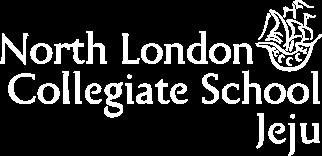

CURRICULUM ON A PAGE YEAR
9: TERM 1
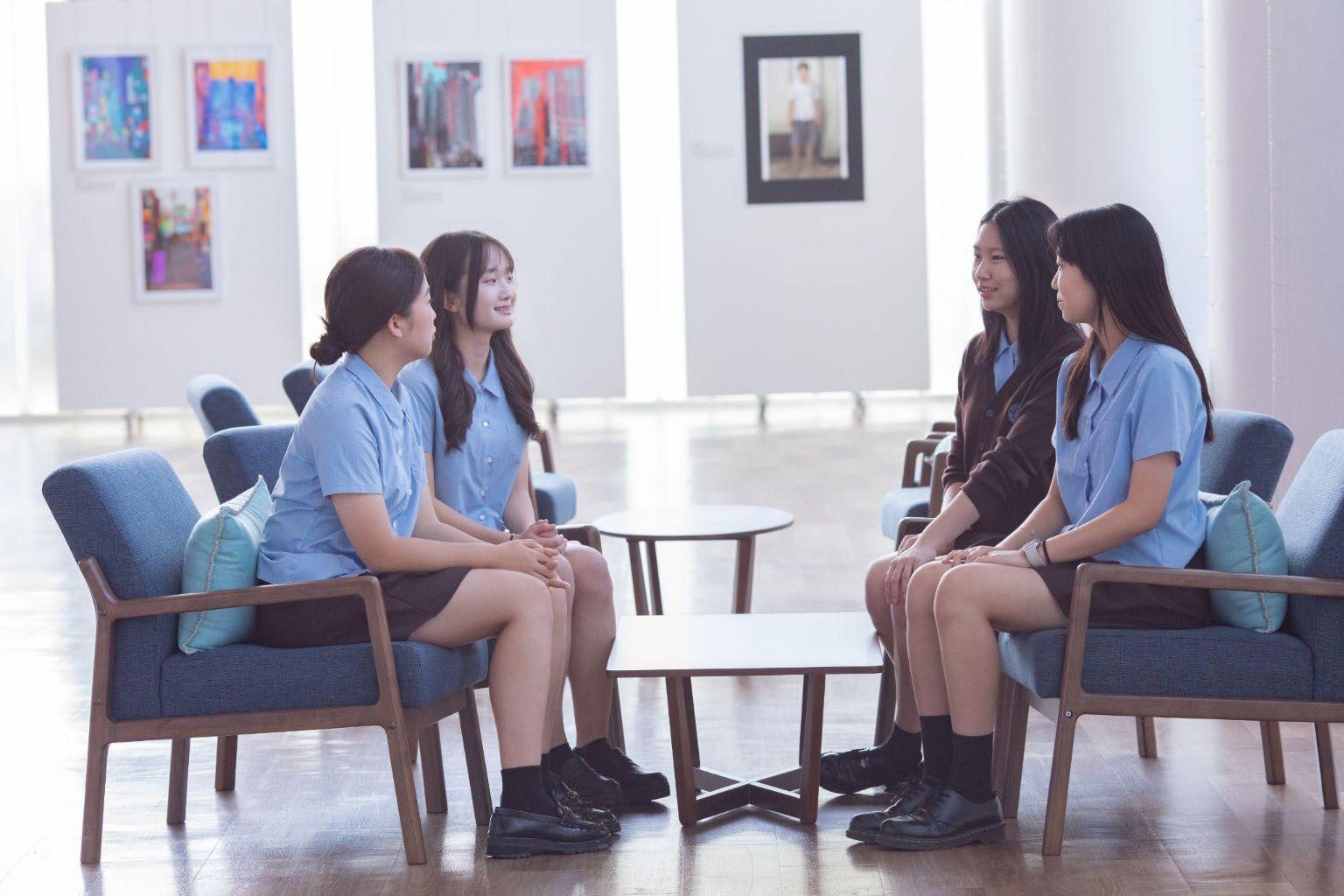
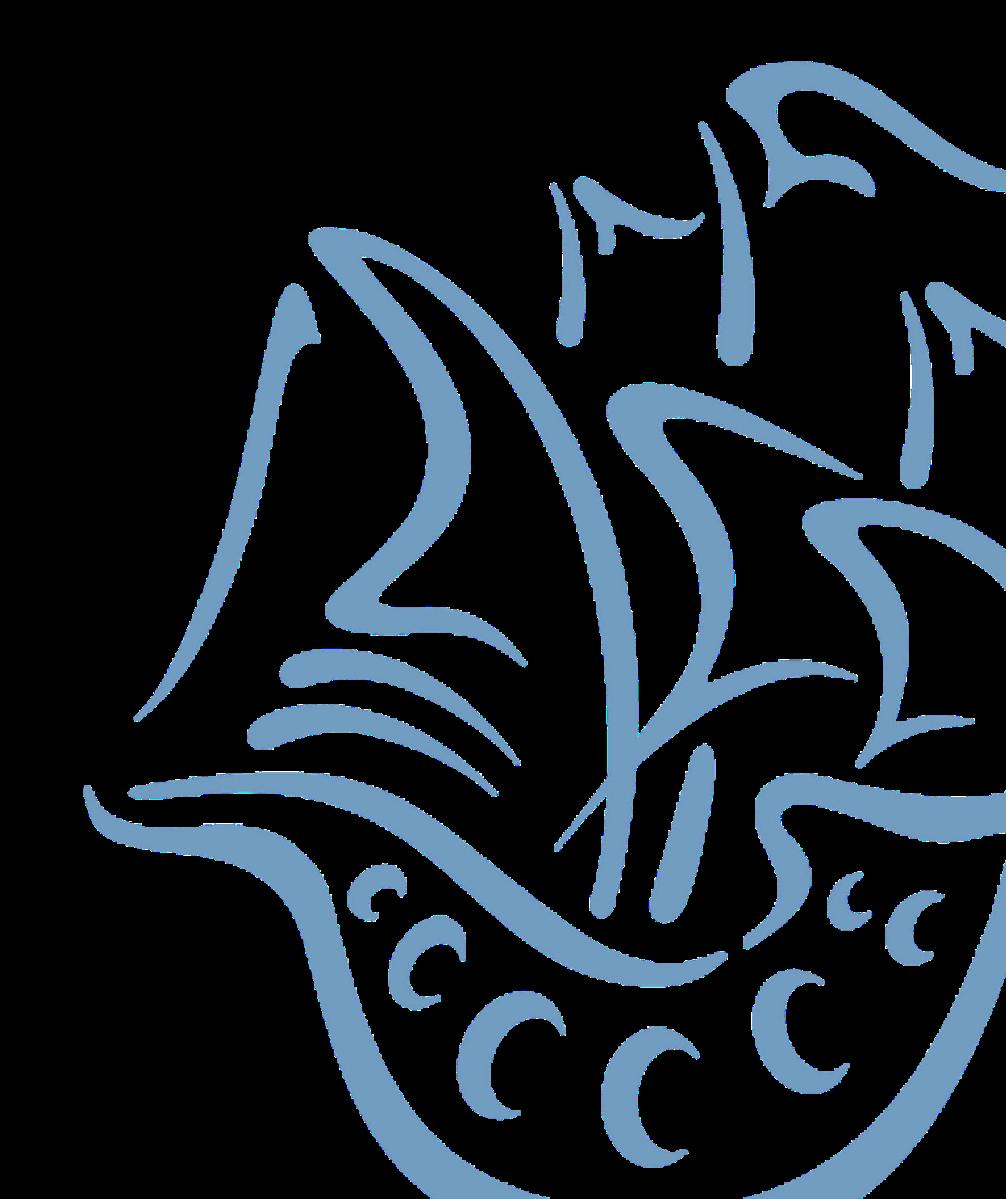
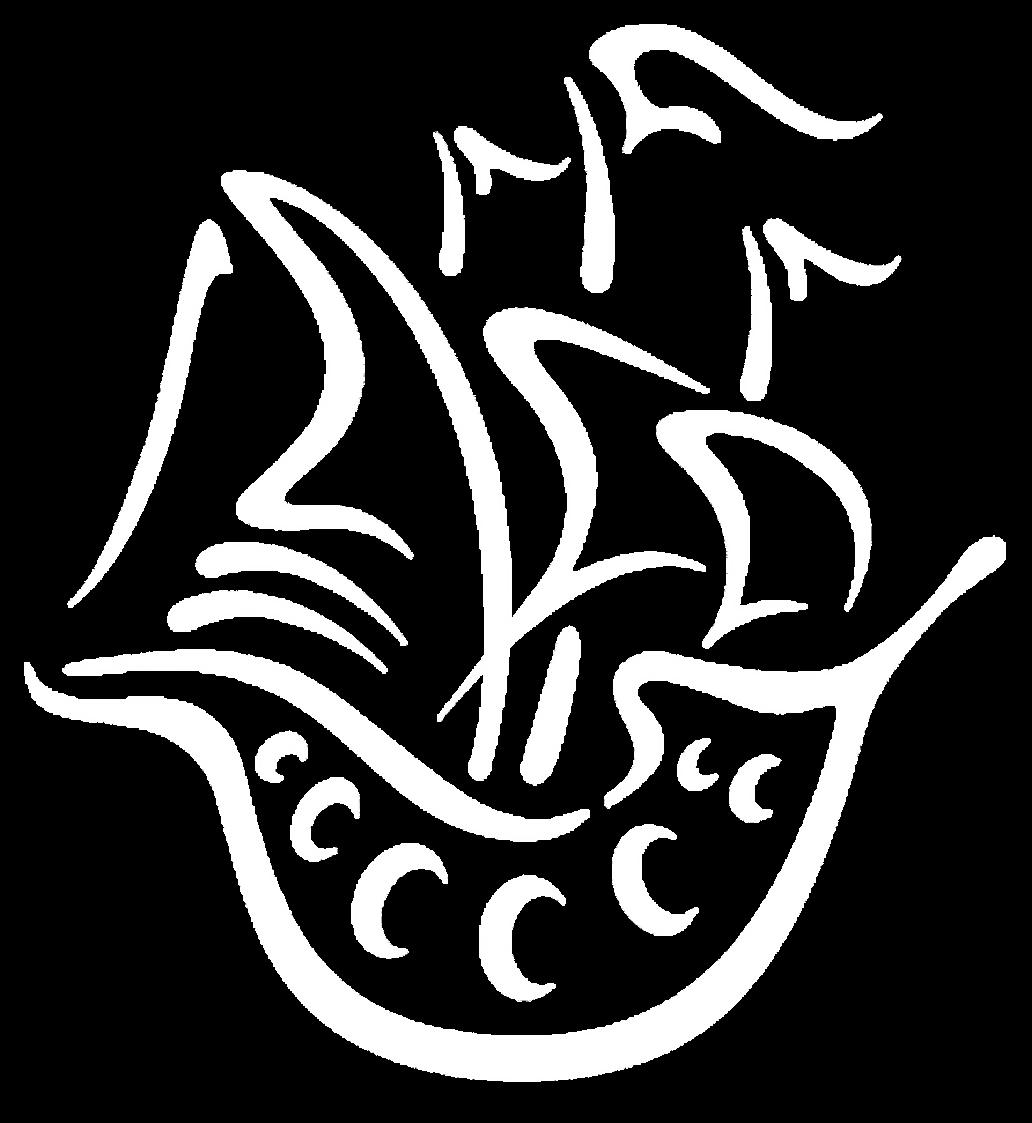
WELCOME FROM THE VICE PRINCIPAL


Welcome to the start of the 2025-26 academic year. As you will see throughout this document, Year 9 students will enjoy a broad and challenging curriculum throughout Term 1, with a strong focus on building upon the foundations of Year 8. This is an exciting time for Year 9 as they continue their Key Stage 3 journey, as new passions and interests continue to be discovered, or existing ones consolidated even further Our Year 9 curriculum is rich in its development of the knowledge and skills that students will require in an ever-evolving world, and is delivered through the expertise of our world-leading teachers. To add to the sense of new opportunities, Year 9 will also commence their IGCSE studies in Biology, Chemistry and Physics Here's to a great year ahead!
Mr. Carl Lewis clewis@nlcsjeju.kr
MESSAGE FROM THE ASSISTANT VICE PRINCIPAL
As our Year 9 students begin the 2025–26 academic year, they enter a pivotal stage in their Senior School journey, marked by greater academic challenge, independence, and personal growth. Building on the foundations of Years 7 and 8 , students now engage in more specialist teaching and are encouraged to explore subjects in greater depth. Year 9 also marks the beginning of meaningful dialogue with teachers and specialist staff to support students in identifying their strengths, passions, and aspirations in preparation for IGCSE option choices. These conversations, along with targeted guidance, ensure each student feels confident and well-informed as they shape the next stage of their learning journey. Alongside a broad curriculum, they benefit from a rich co-curricular programme and growing leadership opportunities. We look forward to supporting Year 9 as they take greater ownership of their learning.
Mr Shilen Tanna
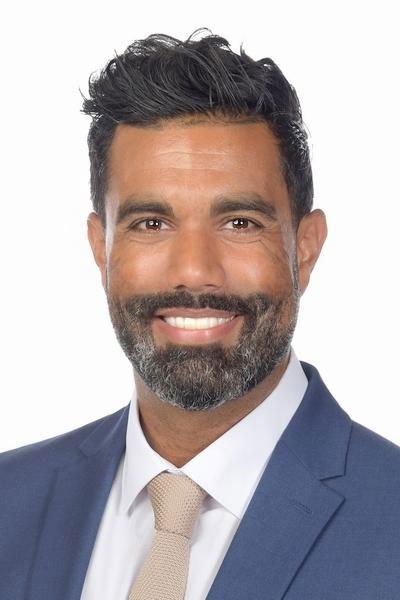
HOW TO USE THIS BOOKLET

An overview of the lesson content for the term is provided Your child will learn lots of new vocabulary and concepts each term. This list contains subject specific vocabulary, integral to the unit of study


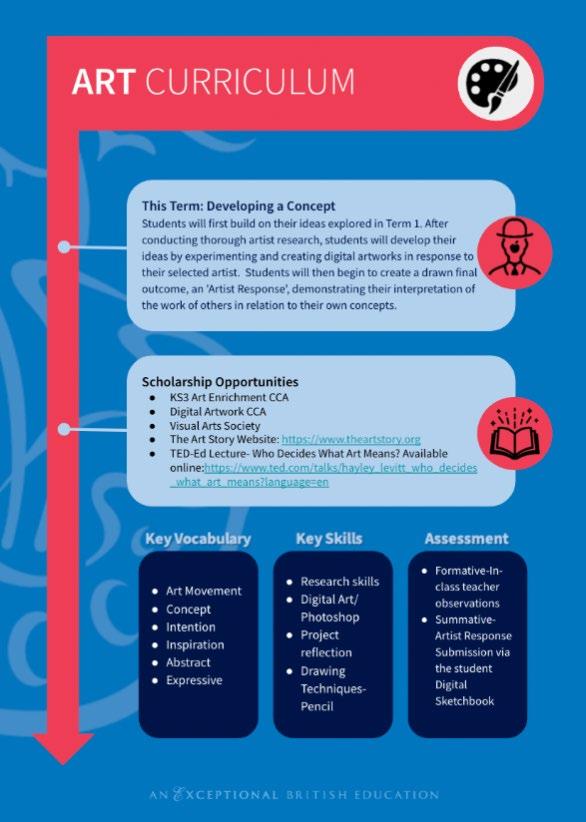


If you have any questions regarding your child’s programme of study, please contact the Head of Department



Throughout lessons students will be developing these transferable skills
Academic Leadership Team Contact Information
● Carl Lewis - Vice Principal (Academic) - clewis@nlcsjeju.kr
Some examples have been provided for how your child might extend their learning and engage with scholarship associated with the subject. This includes further reading and activities they might enjoy The formative assessments your child will take this term to support their progress
● Daniel Jewitt - Assistant Vice Principal (Division A) - djewitt@nlcsjeju.kr
● Shilen Tanna - Assistant Vice Principal (Division B) - stanna@nlcsjeju.kr
● Joshua Waterman-Wiggins - Assistant Vice Principal (Division C) - jwatermanwiggins@nlcsjeju.kr
● Laetitia Choi - Assistant Vice Principal (Division D) - lchoi@nlcsjeju.kr
● Jodie Ramskill-Torrance - Assistant Vice Principal (Head of Houses/PSD)jtorrance@nlcsjeju.kr
HEADS OF DEPARTMENT

Please use the directory below to contact the relevant Head of Department for any questions you may have about the curriculum. For questions about your child’s progress, please contact their subject teacher in the first instance:
Division A Key Stage 3 Subjects:
● Mr Adam Lim- Head of English - alim@nlcsjeju.kr
● Ms Susan Gleeson - Head of AED - sgleeson@nlcsjeju.kr
● Mr Fabián Herrera - Head of European Languages & Korean Second Languagefherrera@nlcsjeju.kr
● Ms Hwayoung Choi - Head of Korean Language & History - hchoi@nlcsjeju.kr
● Ms Margaret Baird - Head of Latin - mbaird@nlcsjeju.kr
● Ms Jenny Liu - Head of Mandarin - jliu@nlcsjeju.kr
● Ms Penny Fitchet - Head of History & Global Politics - pfitchet@nlcsjeju.kr
Division B Key Stage 3 Subjects:
● Ms Sharon Kennington - Head of Art & Design - skennington@nlcsjeju.kr
● Ms Vanessa Pereira - Head of Dance - vpereira@nlcsjeju.kr
● Mr Ian Peirson - Head of Drama - ipeirson@nlcsjeju.kr
● Mr Harry Thorrington - Head of Music - hthorrington@nlcsjeju.kr
● Ms Alisa Wynne - Head of Physical Education - awynne@nlcsjeju.kr
Division C Key Stage 3 Subjects:
● Mr Niall Scarlett - Head of Computer Science - nscarlett@nlcsjeju.kr
● Ms Kurtis Beer - Head of Mathematics - kbeer@nlcsjeju.kr
● Mr Mark Kim - Head of Key Stage 3 Science - markkim@nlcsjeju.kr
● Mr Hugh Kim - Head of Biology - hkim@nlcsjeju.kr
● Mr Derek Patenaude - Head of Chemistry - dpatenaude@nlcsjeju.kr
● Mr Nick Gillings - Head of Physics - ngillings@nlcsjeju.kr
● Mr Steven Knight - Head of Geography - sknight@nlcsjeju.kr
Personal Social Development:
● Mr Thomas Carter-Stead - Head of Personal Social Development & Philosophytstead@nlcsjeju.kr
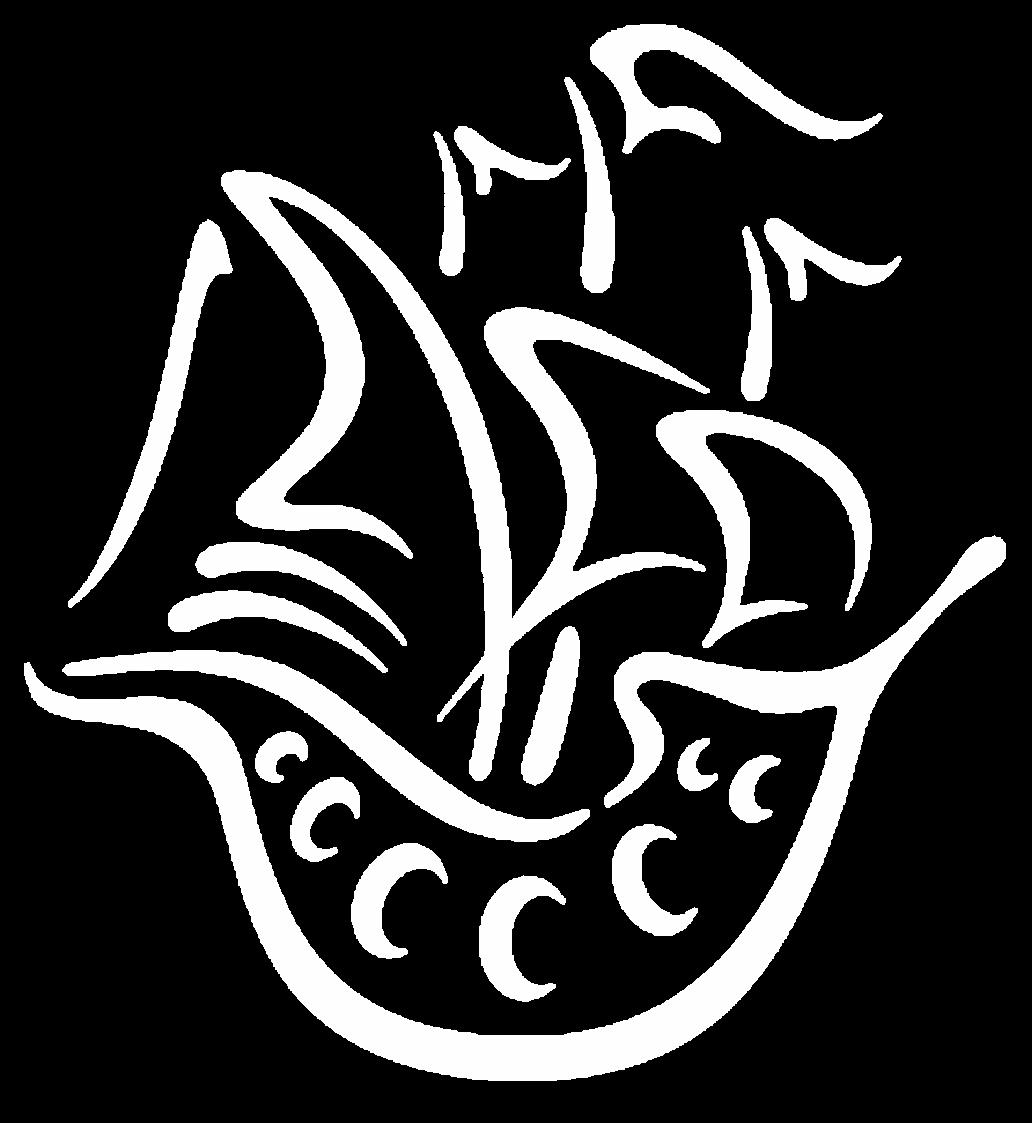
CURRICULUM

Short Stories
Students will explore how language can be used to influence and persuade in written and spoken contexts by exploring and analysing a variety of multimodal texts and speeches and then composing a speech of their own to persuade their intended audience & students will study a range of short stories, learning about the conventions within that genre. We will also continue to learn how authors communicate their ideas effectively. Students will compose a scaffolded essay responding to how

Membership in the English Society; Dead Poets Society; or Debate Society, The Pier Literary Magazine Joining the Language Ambassadors; Reading CCAs;
(online reading and Vocabulary.com

Identifying how meaning is created in different contexts
Analysing how authors use
Utilizing language and theoretical structures to comprehending, and
Critical awareness
Analysis of linguistic, structural, and literary


● Speech composition and delivery; Analytical writing on multimodal texts & Whole-text essay question &
● Extract annotation task in which students present a short story with passage analysis

CURRICULUM
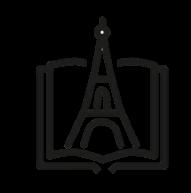
Students will study the topics of festivals and celebrations, how to buy food in a market and order drinks in a café by continuing to practise the four language skills (listening, speaking, reading and writing). New grammatical content will include the present tense of IR verbs, the partitive article, quantities and the immediate future tense. In addition, they will consolidate material that ER verbs and opinions).

is a learning website which offers a range of different revision and recap activities and games provides a range of online support materials, homework tasks which help students to target areas for
is an effective online learning review game which allows regular and quick recap to consolidate learning

Speaking: to be able to answer questions on these topics, from memory or by using
Writing: from memory write a short
Listening and reading : understand details about the topics.


● Written task: to write a total of 80100 words on the topics covered

LANGUAGE

This term: Literature and Communication / Reading and Solving Processes / Our Precious Korean Language / Perspectives and Interpretation

Students will understand that literature involves various communication activities based on aesthetic experiences and will engage in literary activities. They will comprehend that reading is a problem-solving process using information from texts and their background knowledge. They will learn solving process considering the topic, purpose, audience, and medium. Students will also know the phonetic system.
Learn Korean Sentence Structure
This website provides explanations and examples of Korean sentence structure from the National Institute of Korean
An extensive electronic Library with a large range of books and journals

Creative Thinking
Structured Writing
Solving
Using Information and Resources
Understanding


● Creating stories by changing the narrator
● Written exam on the phonetic system of the Korean language

2ND LANGUAGE
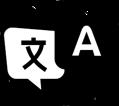
In our Korean Second Language classes, each student receives tailored teaching materials suited to their unique level. The teacher offers personalised termly overviews, highlighting the specific topics to be covered. Students engage with a diverse range of learning resources, including 'Talk to me in Korean', fostering

Culture study in class according to the key dates in Korea



● Grammar exercises
● Vocabulary tests
● Conversation tasks

CURRICULUM

Roman Britain and the Great Fire of
12. During Term 1 Year 9 students will explore stories based on Roman Britain and the Great Fire of Rome. Within this context students will consolidate work covered previously, in particular noun, verb and adjective endings. They will learn additional vocabulary, translate stories and learn about the Romans. New grammar will include: genitive and vocative cases,
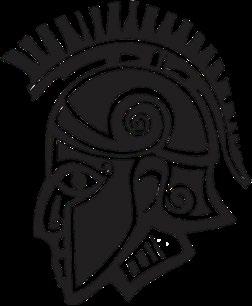
Read History books about the Ancient Greeks and Romans
Read or watch documentaries about Roman Britain or any other topic of interest about the Greeks and Romans
Challenge themselves to begin to learn Ancient Greek
Reverse translations from English into accurate Latin Education Perfect competition and the

Accurate translation from Latin to English
Reading aloud for comprehension
Recognising the Latin roots of English words
Exploring the impact of the Roman world (e.g. art/


● Mainly through informal assessment in lessons
● Assessed homework tasks
● Vocabulary, grammar and translation tests

BEGINNERS

Rome and the Subura. Book 1, Chapters 1-5. They will learn vocabulary, translate Latin stories to learn about Rome in AD 64 and chariot racing. Through translations they will be introduced to the nominative and accusative noun case endings, neuter noun endings, present tense verb endings, and present infinitive and

Read History books about the Ancient Greeks and Romans
Read or watch documentaries about Pompeii or any other topic of interest about the Greeks and Romans
Notice connections between English and Latin words. Consolidation of all Latin vocabulary from the CIE IGCSE

Translating from Latin to English paying attention to detail.
Learning vocabulary
Reading Latin aloud for understanding
Recognising the Latin roots of English words


● Mainly through informal assessment in lessons
● Assessed homework tasks
● Vocabulary, grammar and translation tests

CURRICULUM

This term: Stories That Bite: Exploring Satirical Fiction
Explore contemporary short stories in both Chinese (e.g. 《孔乙己》 by 契诃夫). They will apply analytical techniques to examine societal issues in the texts. Through intertextual comparisons across times and settings, students will investigate how satire connects different contexts and how its effects are achieved. They will also write their own short stories
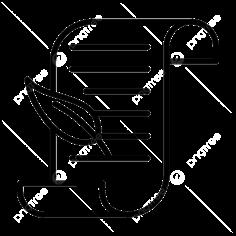
Literature Circles: Group discussions on assigned readings, focusing on themes, satirical techniques.
Satirical Rewrite: Students imitate the style of the studied text to write a short satirical piece about a contemporary issue, practicing stylistic imitation and creative writing.
Kahoot Quiz on Independent Reading: Students read assigned short stories by the teacher outside the class, then each student designs quiz questions on a specific created Kahoot quizzes to reinforce their reading.
Showcase of Outstanding Work: Students will revise their creative or exam writing pieces and submit them to the Mandarin Society’s WeChat public account for

Deliver a short in-class presentation (no less than 3 minutes) on an unfamiliar satirical work, focusing on the techniques used to
Present a book report on an independent reading or a news commentary connected to a global issue (no less than 5 minutes).
Write a short story of no fewer than 800 Chinese characters with satire as its


● worksheet
● oral presentation
● short essay
● End of term exams in writing
Satire
MANDARIN FOREIGN CURRICULUM


This
term:
Shopping and Bargaining
This unit focuses on vocabulary and phrases for shopping and bargaining. Students will learn to describe different types of shops, ask for prices, and practice bargaining in a market setting. The unit will include cultural aspects of shopping in China and common bargaining techniques. students will have acquired a solid foundation in Mandarin Chinese, including essential vocabulary and grammatical structures, and an appreciation for Chinese culture.

Play: in a simulated market setting
Price Comparison: Compare prices in different shops
Shopping Dialogue: Create and present a dialogue
Price List: Write a list of items and their prices, including
Cultural Essay: Write an essay on the cultural aspects of

Listening (extracting
Speaking (expressing ideas and opinions,
Reading (reading and comprehending texts)
Writing (short paragraphs or essays with key vocabulary


● Oral presentation tasks.
● End of term exams in listening, reading, and writing.

CURRICULUM

This term students will be talking about their likes and dislikes. They will revisit the present tense, and the future tense. They will tense for the first time in order to talk about their birthday parties in the past. This unit focuses on allowing the students to express their opinions about different film genres, and the activities they do on a weekly basis.

cinema and watch films in Spanish. Research and get to know Spanish celebrities (sports, TV, etc.)


Being able to talk about oneself beyond just basic descriptions, and expanding this through likes and dislikes, and past

● Vocabulary tests
● Poster: Los famosos
● End of module test (grammar, listening, reading, and writing)

CURRICULUM

"The war to end all wars": this unit explores the causes and effects of one of the most bloody conflicts in history. Starting in Sarajevo, we will journey through the muddy trenches of France and Belgium, deserts examining the lasting social, economic and political impacts of the 'Great War'. Unlike other First World War units, this unit stretches students beyond the traditional narrative, exploring themes of masculinity and nationalism.

Read: ‘Private Peaceful’ by Michael Morpurgo
Read: ‘Adventures in Time: The First World War’ by Dominic
Read: ‘The War poems of Wilfred Owen’


Understanding Propaganda
Inferencing & Evaluating
Comparison
PEEL Paragraph

● Recruitment
● oster
● PEEL Paragraph
● War Poem
● Source Task
● Empathy
● Newspaper Task

ART & DESIGN CURRICULUM

Students will develop their investigation and research skills through exploring a range of sculptors throughout history. They will learn the process of planning a 3D conceptual artwork, and how to write an intention and discuss their ideas. Students will be introduced to a range of techniques used in sculpture and realise their plans. Upon completion, students will present their outcomes alongside a written reflection. Students will also learn how to compare and contrast

: ‘Who Decides What Art Means?’


Research skills
Digital Art/
Sculptural
Conceptualisation
Presentation

● Formative-Inclass teacher observations
● SummativeArtist Response
Submission via the student
Digital
Sketchbook

CURRICULUM
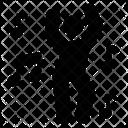
danst rosas
This piece explores themes like femininity and endurance through repetitive yet detailed movements. Students will learn about minimalist style, rhythmic patterns, and how simple gestures can convey strong emotions. It helps them develop both technical skills and a deeper appreciation for how dance can express meaning through repetition and physical expression. Students will also learn about safe dance practice and begin their Rambert Grade 3

Participation in Dance extracurricular opportunities such as Contemporary Technique, the Boys Dance Company and the
Involvement in the Senior School Musical and associated CCA
Participation in the Term 3 Arts Festival events and activities

Rhythmic Precision
Attention to Detail Collaboration


● Research tasks
● Written tasks
● review and reflection.
Technical Proficiency Critical Thinking
● Ongoing practical assessment and summative performance assessment

CURRICULUM

During the unit students will identify and research local and global issues through the medium of drama. Through exploring and applying the theatre technique of Bertolt Brecht , students will create a clear set of performance intentions in order to communicate their message to a target audience. Throughout the unit they will work collaborative and will be expected to support the intentions of their group.

Participation through a range of extra curricular activities such as the KS3 Drama Production, Senior School Musical and
Joining the Drama Society, "Unmasked", which meets weekly and works to a performance during Arts Week often with an

Understanding the importance of performance
Impact on the
Identifying specific drama techniques for an intended purpose


● Ongoing formative assessment in lessons
● Formal performance as a summative assessment
● Research tasks
● Self-reflection assessment

CURRICULUM

For Year 9 Term 1, "Music and Ceremony" explores music's profound roles in cultures and societies. We delve into Music and Ceremony (rituals/traditions) and Music and the Afterlife (beliefs/ commemoration). A Podcast Project fosters research and presentation skill sets. We study Anthems (identity/power) and complete a Composition Task. Students will grasp music's cultural,



Awareness of the impact of music in societies compose with

● Formative (mini) and one summative composition
● Performances
Sonitas)

CURRICULUM

This Term: Sports and Other Physical Activities
Students will engage in diverse learning opportunities throughout the year to develop their understanding, skills, and tactics in a variety of sports and physical activities. The areas of focus for each PE class this term are as follows: 9A: Table Tennis, Softball, Handball, 9B: Basketball, Table Tennis, Volleyball, 9C: Softball, Gymnastics, Table Tennis, 9D: Invasion, StrikingRelated Fitness, 9E: Softball, Cricket, Badminton, Volleyball, Gymnastics, 9F: Volleyball, Softball, Cricket, Health-Related Fitness, 9G: Related Fitness, Pop Lacrosse, 9H: Softball, Cricket,
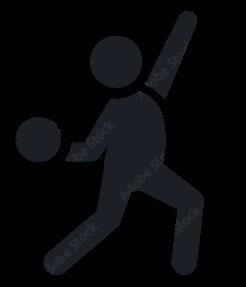
Sports fixtures against other schools (KISAC)
A range of FOBISIA athletics opportunities
Participation in a variety of CCA and Bryant activities (individual and team sports, fitness, etc.)


Developing psychomotor, cognitive, and affective skills in a various sports and physical

● Formative assessments of technique will be ongoing in lessons
● Performance conducted during PE lessons

SCIENCE

Have you ever talked to your phone and it understood you? Or maybe played a game where the computer seemed to learn your moves? That's the power of AI! This term, we're going on an adventure to explore how AI works. But AI isn't just something for grown-ups! We'll even build our own simple AI model using Google Colab, a special online tool. Imagine teaching a computer to predict the weather based on past data, or even identify different types of animals
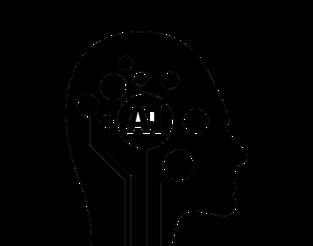
AI model development in Bryant, CCA. Creating your own AI or develop your own model to a problem using AI.



Solving & Critical Thinking
Machine Learning
Fundamentals
Deep Learning
Data Analysis &
● To develop and test a simple model based on computer vision or images.
● To show the familiarity with different types of model and their role in solving real life problems.

CURRICULUM

This Term: Indices, Functions and Trigonometry
During the first term of KS3 Mathematics Year 9 students will be focusing on extending the idea of index laws, introducing surds and standard form. They will also build on their understanding of quadratic functions; looking at other forms and how they can be used. They will apply these concepts to more complex functions and look at their contextual relevance. Students will also extend their understanding of proportion and trigonometry beyond the use of right-angled triangles.

Throughout KS3 students will be developing their reasoning, contextual understanding and problem solving skills, cornerstones of becoming successful mathematics scholars. To facilitate this there will be numerous mathematical competitions organised through UKMT and FOBISIA enhancing pupils' problem solving skills; mathematical balloon debates will also provide great opportunities for developing research and contextualising skills; and journaling opportunities through extra curricular sessions will provide a basis to develop reasoning and ● Check Ups for each unit ● Summative




CURRICULUM

This Term: Characteristics of Living Organisms
What makes a living thing living? is it possible to compare plant cells with fungi or bacterial cells? What is the difference in active transport and passive diffusion? Why is potato used so often in this type of practical? As the introduction to IGCSE Biology, students will explore the characteristics of what is respiring and what is not, how to classify and create a good observational drawing. When exploring the movement of molecules in solutions and tissues, students will make graphs and

Listen to podcasts, read news articles as released by Nature or
Participating in the Biology Challenge competition. Participating as a member, thereby be part of the range of
Society, Medical Society, Dentistry

Investigative
Practical Skills
Analytical and Evaluative Skills
Critical Review
Critical Thinking
Retrieval/ Recall
Written and


● Practical Investigations (assessment of planning, analytical, evaluative and communication skills)
● Concept checks
● Summative
Assessment of each and all topics

CHEMISTRY CURRICULUM

Atomic Particles
The introduction to IGCSE Chemistry offers a recap of KS3 science concerning particles and their motion and interactions with each other and will then look a the chemical techniques involved to separates the particles in pure substances using laboratory techniques. There will be an inquiry project to consolidate their skills in the processes of science. Students will then dive deeper into the atom by looking at its components and how they shape the identity of the elements.

Keen Chemists are encouraged to participate in the Key Stage
Chemistry Society new inductees Year 9 and up start in Term 1


Laboratory testing skills
Analysis of information and
Comparative skills (including writing skills

● Formative: in-class monitoring (content/lab skills),
● Vocabulary/ concept miniassessments
● Summative: Report on Chemical Testing of gases
● Field Trip report

CURRICULUM

Measurement techniques; calculating using scalars and vectors; calculations and experiments involving speed, distance, time graphs and velocity-time graphs; terminal velocity; mass and weight; density calculations and experimental techniques; Newton's Laws of Motion; resultant forces;

ups with research and Society and Engineering Society


Conducting practical work with care to Drawing accurate
Setting calculations
interpreting vector

● Formative: regular experimental writeups, regular small class tests; all written work.
● Summative: One full lab report.

CURRICULUM

This Term: Tectonics Settlements / Maps
Students begin the year by exploring the dynamic processes associated with tectonic activity. They will assess seismic hazards, investigate their impacts on people and landscapes, and examine the ways in which these phenomena are measured and monitored. Building on this, the second unit focuses on settlements and land use, where students will analyse patterns of human habitation and how land is organised for different purposes. Throughout the term, there is a strong emphasis on developing and applying map skills, with students encouraged to interpret spatial patterns and enhance their map inference abilities.

Tectonics: Compare how preparedness affects earthquake impacts in different countries. Map tectonic boundaries and
Settlements and Land Use: Survey local land use along an rural transect. Analyse how settlement patterns relate

Critical Thinking
Research Skills
Data Analysis
Communication
Techniques
Solving


● Hazard management assessment
● Urban v rural investigation case study
● PEEL and PEECAL paragraph tasks

CURRICULUM

Students complete Relationships and Sex Education topics related to: attraction, sexuality, and gender identity


Development of character strengths: Curiosity
Appreciation of beauty and excellence

● There are no assessments for PSD
● Lessons will include a range of activities to support student discussion and exploration

